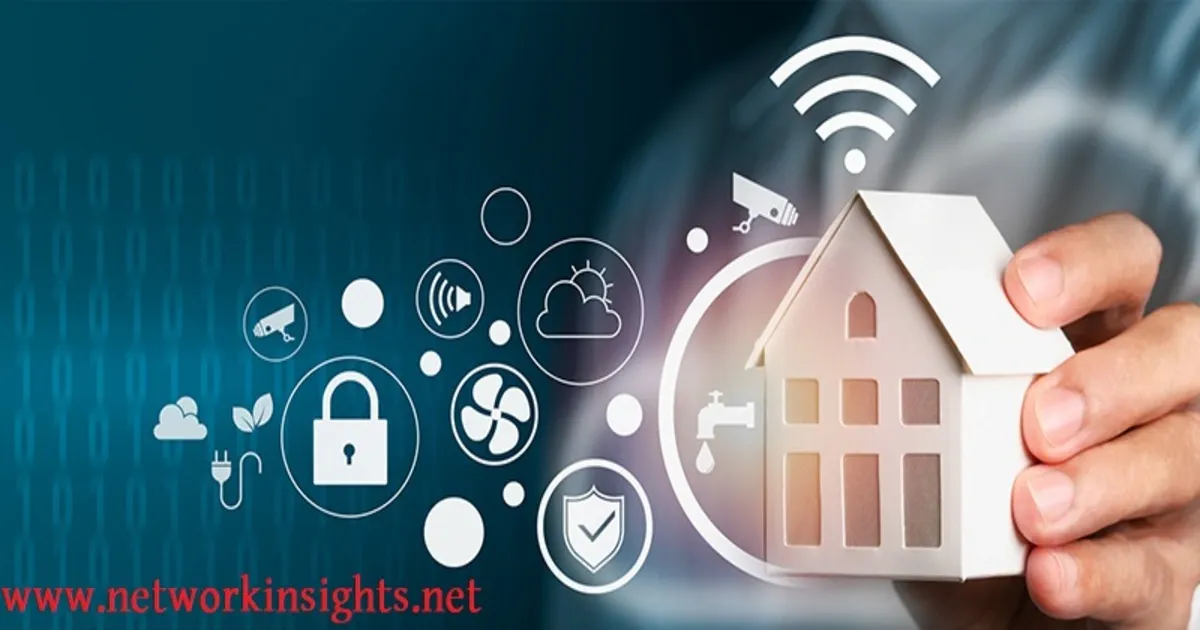The Impact of IoT on Smart Homes and Cities
IntroductionConsider a world in which your home and city understand your needs and work together to make your life easier and safer. That is the magic of the Internet of Things, abbreviated as IoT. The Internet of Things connects everyday objects to the internet, enabling them to send and receive data. From smart homes to smart cities, the Internet of Things is transforming our lives in amazing ways. Let's see how!
IoT stands for the Internet of Things. It refers to the network of physical devices connected to the internet. These devices can range from smart fridges and lights to traffic signals and even entire buildings. They communicate with each other and us, making life more convenient, efficient, and safe.
Smart Homes: The Future is Now
1. Smart Assistants and Voice Control In many homes, devices like Amazon Alexa or Google Assistant are like friendly robots that listen to you. You can ask them to play music, set reminders, or even tell you the weather. All you have to do is talk to them!
2. Smart Appliances Imagine your fridge knowing when you're out of milk and ordering more for you! Smart fridges, ovens, and washing machines can be controlled remotely using your smartphone. You can preheat your oven on your way home or start a load of laundry without leaving the couch.
3. Home Security IoT has made home security smarter and safer. Smart cameras can send live video to your phone, so you can check on your home from anywhere. Smart locks can be controlled from your phone, and you can even see who’s at your door with a video doorbell.
4. Energy Efficiency Smart thermostats learn your schedule and adjust the temperature to save energy. They can turn off the heating or cooling when you're not home and make sure your house is just the right temperature when you return.
5. Lighting and Entertainment With smart lights, you can change the color and brightness to match your mood. You can even set them to turn on and off at certain times. Smart TVs and speakers let you stream your favorite shows and music with a simple voice command.
Smart Cities: A New Way to Live
1. Smart Traffic Management In smart cities, traffic lights are connected to a central system that can manage the flow of cars more efficiently. This means less waiting at red lights and smoother commutes. Some cities even use sensors to detect traffic jams and suggest alternate routes.
2. Public Safety IoT helps keep cities safe. Smart streetlights can brighten when someone walks by, making streets safer at night. Surveillance cameras can alert authorities to suspicious activities, and sensors can detect gunshots or other emergencies.
3. Waste Management In smart cities, garbage bins are equipped with sensors that notify waste collectors when they’re full. This helps ensure that garbage is collected on time and reduces unnecessary trips, saving fuel and reducing pollution.
4. Smart Parking Finding a parking spot in a busy city can be a nightmare. But in smart cities, sensors in parking lots can show available spots in real-time on your smartphone. This not only saves time but also reduces the number of cars driving around looking for parking.
5. Environmental Monitoring IoT devices help cities monitor air and water quality. Sensors can detect pollution levels and alert authorities when they exceed safe limits. This information helps cities take action to keep the environment clean and healthy.
6. Public Transportation Smart cities use IoT to improve public transportation. For example, buses and trains can be equipped with GPS trackers, so you know exactly when they will arrive. Some systems even offer real-time updates on delays or changes in routes.
The Benefits of IoT
1. Convenience IoT makes life easier. You can control many aspects of your home and city life from your smartphone or with voice commands. This convenience means you have more time to do the things you love.
2. Safety and Security With smart home devices, you can monitor your home from anywhere, and smart city systems can help keep streets safe. This added security gives peace of mind to everyone.
3. Energy and Cost Savings Smart devices often use energy more efficiently, saving you money on utility bills. In cities, IoT can help reduce traffic congestion and pollution, leading to a cleaner and more sustainable environment.
4. Better Quality of Life IoT can make everyday life more enjoyable. Whether it’s adjusting the temperature in your home, finding a parking spot quickly, or getting to your destination faster, IoT makes things run smoothly.
Challenges and Considerations
While IoT offers many benefits, there are also challenges to consider:
1. Privacy and Security As more devices collect and share data, privacy concerns arise. It's important to use strong passwords and be aware of the information your devices are collecting.
2. Cost Smart devices can be expensive. While they can save money in the long run, the initial investment can be high.
3. Dependence on Technology As we rely more on smart devices, we can become dependent on them. It's important to have a backup plan in case technology fails.

